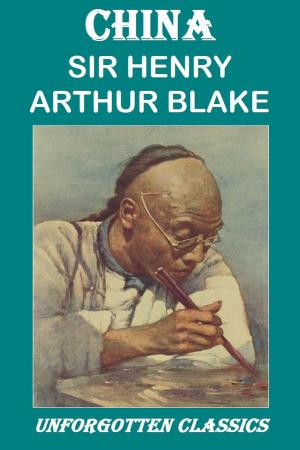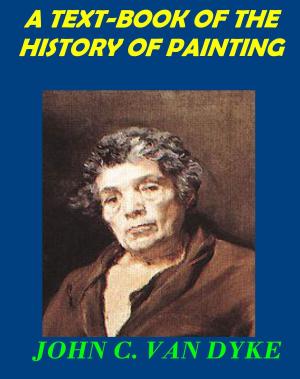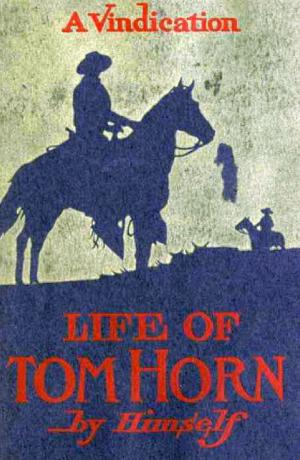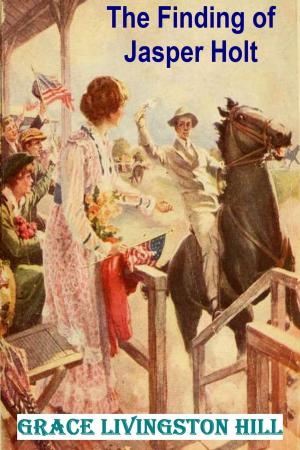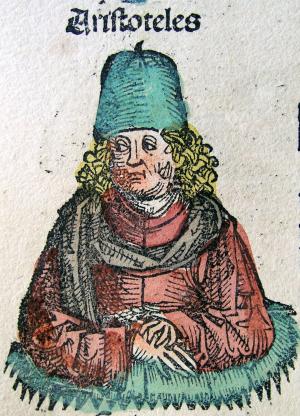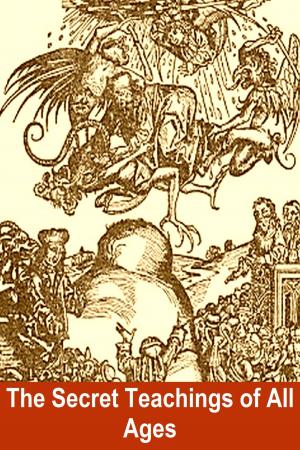| Author: | William Andrew Chatto | ISBN: | 1230000237512 |
| Publisher: | Liongate Press | Publication: | May 6, 2014 |
| Imprint: | Language: | English |
| Author: | William Andrew Chatto |
| ISBN: | 1230000237512 |
| Publisher: | Liongate Press |
| Publication: | May 6, 2014 |
| Imprint: | |
| Language: | English |
Should a person who has never bestowed a thought on the subject ask, "What can there be that is interesting in the History of Cards?" it is answered, "There may be much." There is an interest, of a certain kind, even in the solution of a riddle, or the explication of a conundrum; and certain learned men, such as Père Daniel, and Court de Gebelin, having assumed that the game of Cards was originally instructive, and that the figures and marks of the suits are emblematic, speaking to the intelligent of matters of great import, their amusingly absurd speculations on the subject—set forth with all the gravity of a "budge doctor" determining ex cathedra—impart to the History of Cards an interest which, intrinsically, it does not possess. But putting aside all that may relate to their covert meaning, cards, considered with respect to what they simply are—the instruments of a popular game, and the productions of art—suggest several questions, the investigation of which is not without interest: Where and when were they invented, and what is the origin of their names? When were they introduced into Europe? What has been their progress as a popular game; and what influence have they had on society? What changes have they undergone with respect to the figures and the marks of the suits; and to what purposes have picture and fancy cards been made subservient, in consequence of those in common use being so generally understood? And lastly, what have been the opinions of moralists and theologians with respect to the lawfulness of the game?—Such are the topics discussed, and questions examined, in the following pages.
Of the works of previous writers on the origin of Cards I have freely availed myself; using them as guides when I thought them right, pointing out their errors when I thought them wrong, and allowing them to speak for themselves whenever they seemed instructive or amusing. Having no wish to appropriate what was not my own, I have quoted my authorities with scrupulous fidelity; and am not conscious of an obligation which I have not acknowledged. Should the reader not obtain from this work all the information on Cards which he might have expected, it is hoped that he will at least acquire from its perusal a knowledge of the true value of such investigations. Between being well informed on a subject, and knowing the real worth of such information, there is a distinction which is often overlooked, especially by antiquaries.
In the Illustrations will be found a greater variety of Cards than have hitherto been given in any other work on the same subject, not excepting the splendid publication of the Society of Bibliophiles Français, entitled 'Jeux de Cartes Tarots et de Cartes Numérales du Quatorzième au Dix-huitième Siècle.' All the cards—with the exception of the French Valets, at p. 250, and the Portuguese Chevaliers, at p. 252,—have been copied by Mr. F. W. Fairholt; and all the wood-engravings—with the exception of the tail-piece, by W. J. Linton, at p. 330,—have been executed by Mr. George Vasey.
W. A. C.
LONDON;
17th April, 1848.
Should a person who has never bestowed a thought on the subject ask, "What can there be that is interesting in the History of Cards?" it is answered, "There may be much." There is an interest, of a certain kind, even in the solution of a riddle, or the explication of a conundrum; and certain learned men, such as Père Daniel, and Court de Gebelin, having assumed that the game of Cards was originally instructive, and that the figures and marks of the suits are emblematic, speaking to the intelligent of matters of great import, their amusingly absurd speculations on the subject—set forth with all the gravity of a "budge doctor" determining ex cathedra—impart to the History of Cards an interest which, intrinsically, it does not possess. But putting aside all that may relate to their covert meaning, cards, considered with respect to what they simply are—the instruments of a popular game, and the productions of art—suggest several questions, the investigation of which is not without interest: Where and when were they invented, and what is the origin of their names? When were they introduced into Europe? What has been their progress as a popular game; and what influence have they had on society? What changes have they undergone with respect to the figures and the marks of the suits; and to what purposes have picture and fancy cards been made subservient, in consequence of those in common use being so generally understood? And lastly, what have been the opinions of moralists and theologians with respect to the lawfulness of the game?—Such are the topics discussed, and questions examined, in the following pages.
Of the works of previous writers on the origin of Cards I have freely availed myself; using them as guides when I thought them right, pointing out their errors when I thought them wrong, and allowing them to speak for themselves whenever they seemed instructive or amusing. Having no wish to appropriate what was not my own, I have quoted my authorities with scrupulous fidelity; and am not conscious of an obligation which I have not acknowledged. Should the reader not obtain from this work all the information on Cards which he might have expected, it is hoped that he will at least acquire from its perusal a knowledge of the true value of such investigations. Between being well informed on a subject, and knowing the real worth of such information, there is a distinction which is often overlooked, especially by antiquaries.
In the Illustrations will be found a greater variety of Cards than have hitherto been given in any other work on the same subject, not excepting the splendid publication of the Society of Bibliophiles Français, entitled 'Jeux de Cartes Tarots et de Cartes Numérales du Quatorzième au Dix-huitième Siècle.' All the cards—with the exception of the French Valets, at p. 250, and the Portuguese Chevaliers, at p. 252,—have been copied by Mr. F. W. Fairholt; and all the wood-engravings—with the exception of the tail-piece, by W. J. Linton, at p. 330,—have been executed by Mr. George Vasey.
W. A. C.
LONDON;
17th April, 1848.

